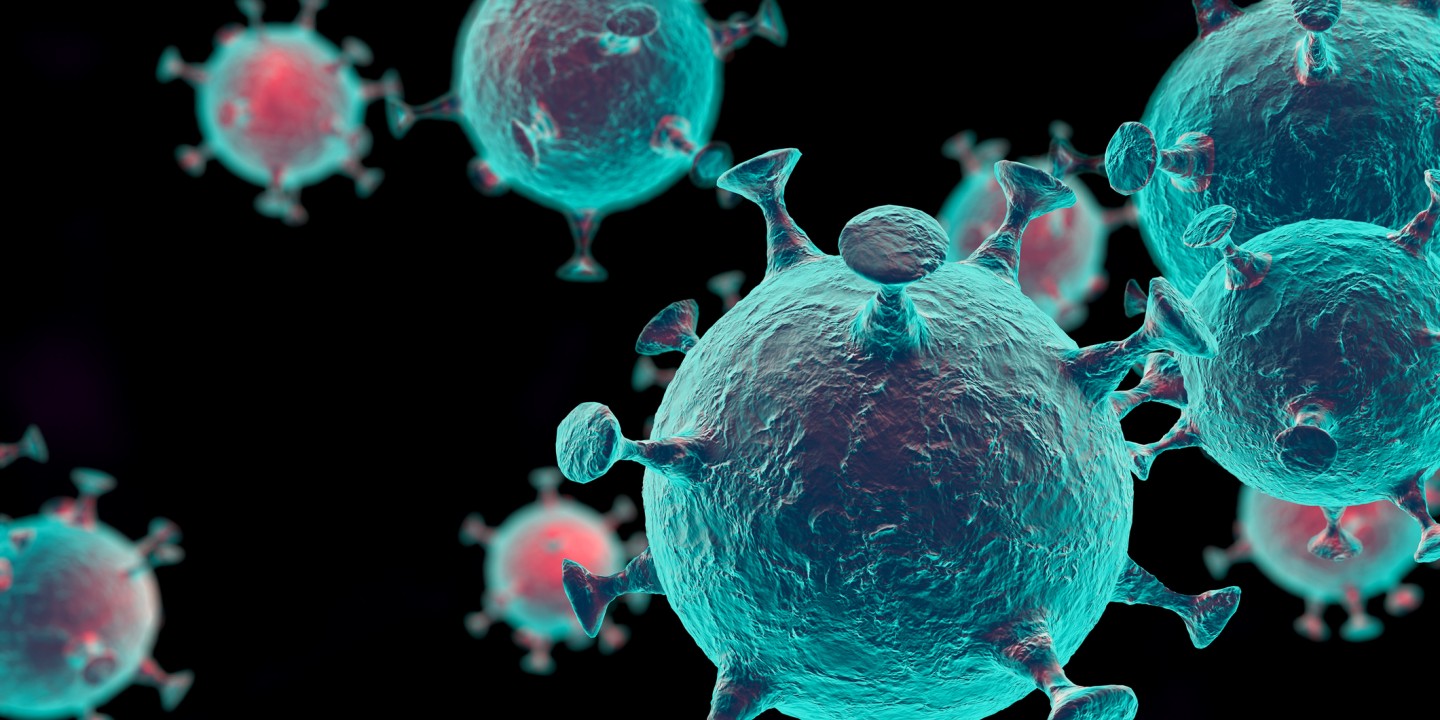Our microbes are Legion
My friend Angie’s life is crippled by compulsive acts of decontamination.

I was attending a fancy dinner party in someone’s home last year when I spotted something that no one else in the living room saw. The caterers in the kitchen, who were dashing to serve the meal hot, accidentally spilled some chicken breasts onto the floor while pulling a pan from the oven. They hurriedly picked the chicken up with their bare hands and plopped the pieces onto the plates spread across the counter. Minutes later, while our host prayed over the meal, my mind went straight to the gutsiness of those cooks serving up floor bacteria with the chicken cordon bleu. Surely they were operating under the old “five-second rule”—a rule debunked by researchers who have proved that there is no “safe” five-second window that keeps food magically free of bacterial transfer.
I probably would have been more aghast at the indelicate behavior of the caterers had I not been reading Alanna Collen’s book 10% Human: How Your Body’s Microbes Hold the Key to Health and Happiness. Collen writes about our society’s obsession with hygiene and the negative impact this has on the many beneficial microbes our bodies host.
Read our latest issue or browse back issues.
For every cell that makes up our bodies, nine alien cells come along for the ride. Our bodies would never become healthy were it not for the 100 trillion microbes residing in our gut and on the surface of our skin. It turns out that we depend heavily on microbial life for our health and happiness. Microbiota even help influence everyday feelings and decisions by sending signals to our brain through nerves.
My friend Angie would have walked out of that dinner party I attended. Actually, she never would have walked in. I can’t even get her to attend church. When she comes by for an office visit once a year, we don’t shake hands. She doesn’t touch the arms on the chair. Angie suffers from mysophobia or germophobia, the irrational fear of microbes. Her life is crippled by a near-constant engagement with compulsive acts of decontamination. She wears gloves to prepare her daughters’ lunches each day. There are no fruit, vegetables, or other fresh foods in the house. Angie showers two or three times a day, sometimes for two or three hours at a time.
Her doctors are exploring the possibility that a onetime sore throat, and the streptococcus infection that went with it, helped bring on her neuropsychiatric condition. The basal nuclei at the base of Angie’s brain, which are responsible for many of our involuntary and subconscious movements, may be confused by multiple signals that Angie’s body is sending. This would help explain her compulsive hand washing.
Angie hates her disorder. Thinking about microbes all the time is no way to live. Like the man in scripture who told Jesus that his name was Legion, “for we are many,” Angie is afflicted with demons, paralyzed by the thought of trillions of microbes finding sanctuary in her body.
I trust that the glory of the mystery of God is in our bodies, somehow even in the bacteria and fungi on which we depend—“Christ in you” is what the writer to Colossians calls the mystery. But that theology would only be of limited comfort to my friend. So we pray together. I listen to her with a mix of love and helplessness, knowing that even a sympathetic hug cannot work for a mysophobe.
A version of this article appears in the February 1 print edition under the title “Microbial life.”







